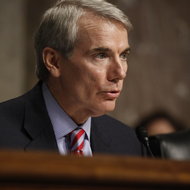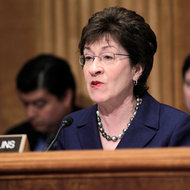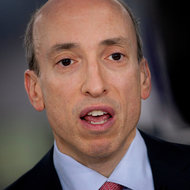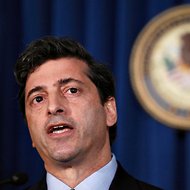NEW YORK (Reuters) – One of Bernard Madoff’s longest-serving employees is expected to plead guilty to criminal charges in the multibillion-dollar Ponzi scheme, U.S. prosecutors said, the latest among a dozen former employees to face charges.
Irwin Lipkin, a former controller of Bernard L. Madoff Investment Securities LLC, will appear in Manhattan federal court on Thursday, prosecutors said in a letter to the judge.
He will plead guilty to charges of conspiracy to commit securities fraud and falsifying documents, prosecutors told U.S. District Judge Laura Taylor Swain in the letter, which was dated Tuesday, September 11.
The letter said Lipkin, 74, created “false financial records t hat were provided to BLMIS investors,” false filings with the U.S. Securities and Exchange Commission and false statements required under a federal law that sets standards for pension plans.
Lipkin’s lawyer, David Richman, was not immediately available to comment. The charges carry a maximum possible prison term of 10 years.
Lipkin’s son, Eric Lipkin, another former Madoff employee, pleaded guilty in 2011 to criminal charges of bank fraud and charges that he reported people were Madoff employees so they could receive retirement benefits.
Irwin Lipkin joined Madoff’s firm in 1964, according to court records. Court papers showed that he continued to draw a salary from the firm even after he stopped working there in 1999.
Madoff, 74, was charged in December 2008 with a decades-long fraud that the government originally estimated at as much as $64.5 billion. He pleaded guilty in March 2009 and is serving a 150-year prison sentence.
The trustee leading the search for money to return to Madoff’s victims says Madoff defrauded customers of about $20 billion. The trustee, Irving Picard, so far has won $9.1 billion in recoveries and settlement agreements.
On June 29, Madoff’s brother Peter pleaded guilty to criminal charges. He had been chief compliance officer at his brother’s firm. He has agreed to accept a 10-year prison term.
Of the dozen people charged in the case, apart from Bernard Madoff, five have pleaded not guilty and are awaiting trial.
The case is U.S. v. O’Hara et al, U.S. District Court, Southern District of New York, No. 10-cr-00228
(Reporting By Grant McCool; Editing by Martha Graybow and Dan Grebler)
Article source: http://www.nytimes.com/reuters/2012/09/12/business/12reuters-madoff-controller-plea.html?partner=rss&emc=rss






